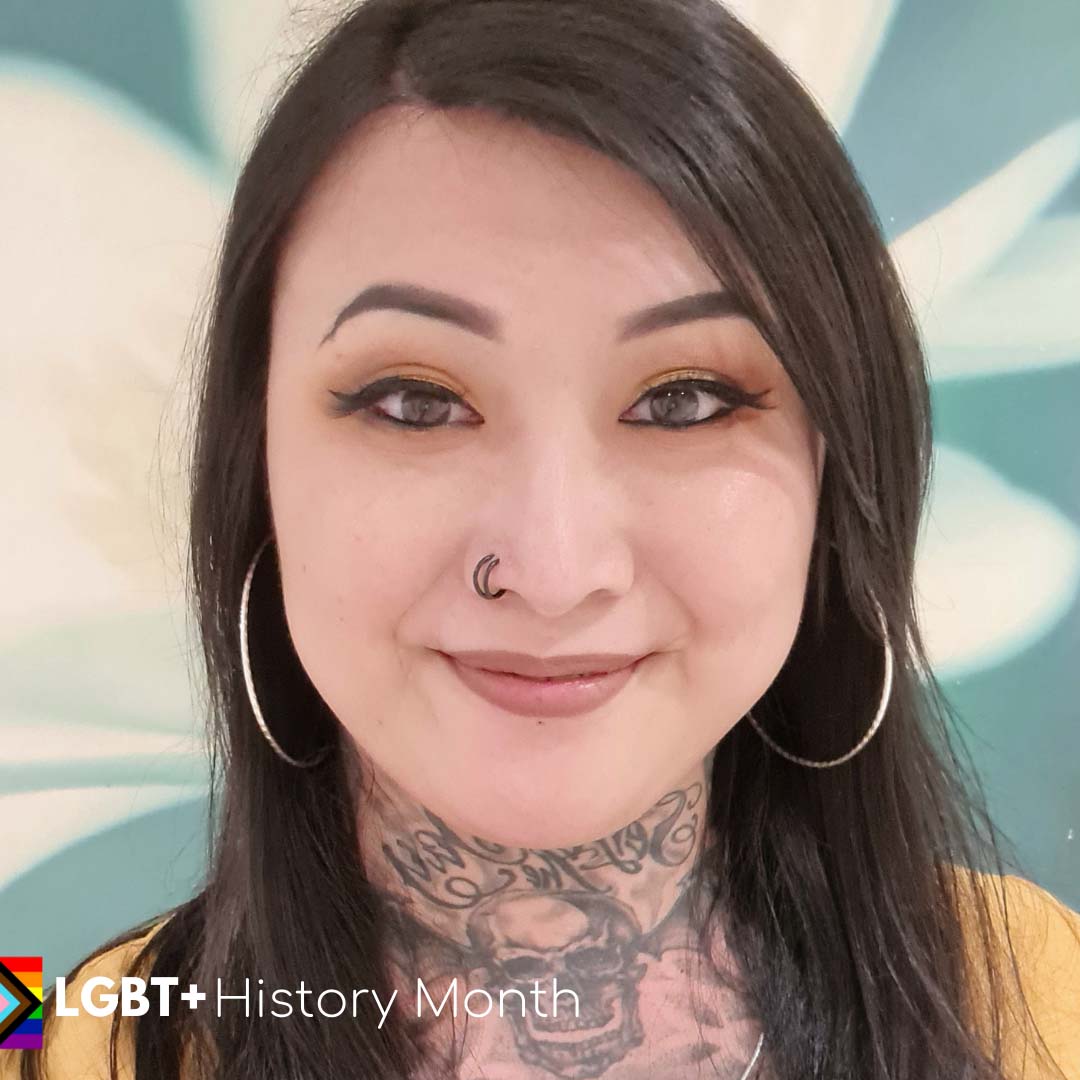LGBTQ+ History Month 2022: Defining History

When you think of LGBTQ+ history, what springs to mind? Is it a particular person? A moment in time? It’s the first and one of the longest events of the queer calendar year…and perhaps one that is more likely to reach mainstream audiences than others. It’s a chance to learn about our past and to celebrate those that made it possible for us to openly exist today. There will always be people who moan that the world’s gone mad because there’s a day or week for everything now…but this isn’t for them and we can’t let them drown us out. I mean, what kind of person is intolerant of something that firstly, could help others and secondly, probably doesn’t even affect them?! The kind of people who will allow Remembrance Day but not Trans Day of Remembrance? Bigotry is alive and kicking. And that is exactly why queer calendar events must happen.
From the Gay Liberation Front to Sylvia Rivera to gay marriage, it’s not uncommon to see a wealth of posts about people and historic moments being shared all over social media during this month. I love seeing these posts but cannot help wondering whether they actually do anything for the cause? It’s a question that’s stumped me for a while now, one that extends to events such as Trans Awareness Week or World Suicide Prevention Day. Dedicated calendar time is needed to ensure there’s focus, so we can make the most of something. But we must make sure that we approach these calendar events genuinely. Otherwise, what’s the point? It’ll just become lip service. We need to remember, analyse and actively prevent. Section 28 is an example of this. This disgusting piece of UK legislation passed in 1988 basically made it ok to be homophobic due to the absence of acceptance and inclusion. It was devastating for so many. Section 28 was finally repealed in full by 2003. The focus nearly always lies on the negative. I’m not saying we should move on or forget the suffering of so many…I’m simply saying that focus should also be placed on preventing anything like that ever happening again. Trans rights are now under constant attack here in the UK. It’s like seeing a reboot of Section 28 – only those in power have ignored or forgotten. In 2015, Stonewall recognised the need to include trans rights in its campaigning. Many say they had forgotten about – or even ignored – trans people from day one, despite the integral roles that trans people played in the Stonewall riots. It can be argued that by not doing so actually hindered trans rights over the years. Whatever your position, the fact is they are doing it now. We cannot change the past but we can prevent history from repeating itself.

And what do we post? What should we be sharing? Everything and everyone. And I do mean that, because it’s something else where focus can too easily be steeped towards one end of history. During the Stonewall riots, individuals like Marsha P Johnson and Stormé DeLarverie were instrumental. They were people with passion who stood for change. But let’s remember that we have our own key figures around us too. Those who step forward to continue the fight and create important events. They aren’t considered icons or heroes yet, but this is the thing: technically, there’s no period that must elapse before a person or an event becomes history. Yesterday is history. Last month, or last year, is history. And we mustn’t overlook that. We all know the name Laverne Cox but what about Candis Cayne? In 2007, Candis was the first openly trans actor to play a recurring role in prime time, which opened the doors for so many. In 2017, Jason Jones (activist) )filed a historic case in Trinidad & Tobago, challenging its Sexual Offences Act on the grounds that it infringed on his human rights and criminalised him because of his sexuality. Charlie Craggs campaigned to have the trans flag included as an emoji in 2018. Yes, an emoji. Seen as insignificant by the people with fossilized attitudes, what do they know? This emoji represented expression, inclusion, and acceptance in a modern era. After a successful campaign, the trans flag emoji was subsequently rolled out in 2020. More recently, the original decision in the case of Bell v Tavistock was overturned at an appeal, allowing trans youths continued access to puberty blockers. These are historical events too and just as worthy of celebration and sharing. The continued fight is just as important as the start of it.
We all have a responsibility to add to the cause, whilst remembering the roots. There’s no point in just sharing the same posts to the same groups. We need to make a conscious effort to put those posts and lived experiences in front of new groups. New groups of people equate to new allies. That’s the only way we can progress human rights and prevent any from being rolled back. As we move forward with our lives, pursuing equality and being accepted, the gap between pivotal moments in the past and present day continues to grow. Let’s not forget the pivotal moments in between or how to use them…after all, prevention is better than cure. Whilst we may not see such moments as iconic, against the backdrop of rich and powerful history, we are creating change nevertheless – changes that are worthy of being included with LGBTQ+ History Month.








